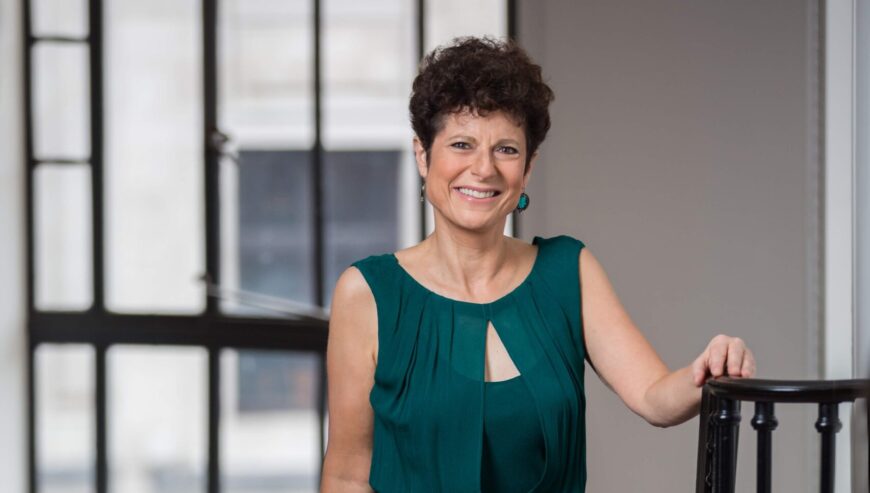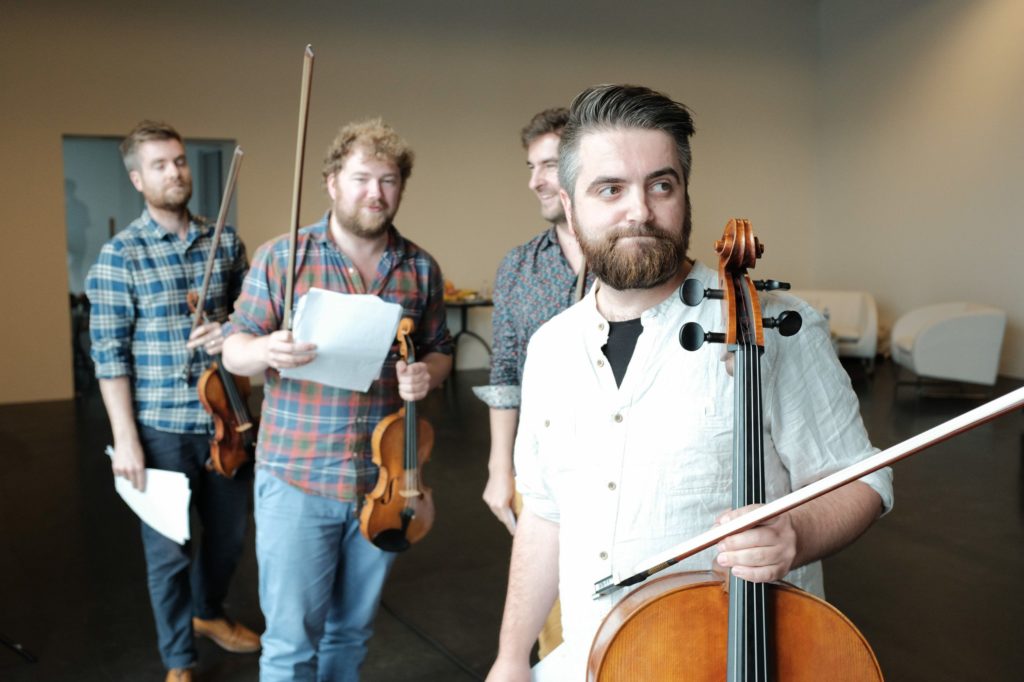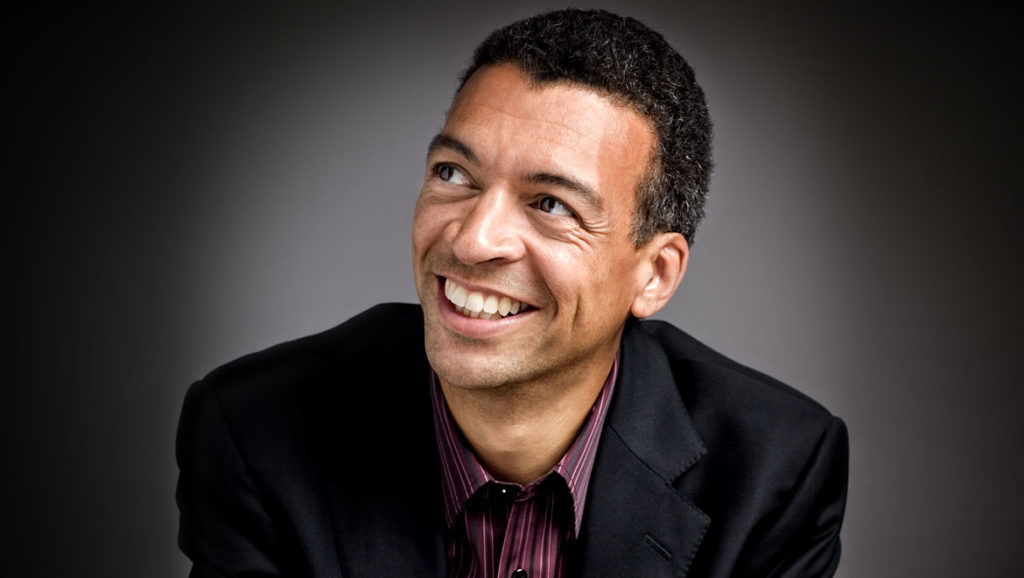
THERE is nothing like a festival binge: three performances in a single day. You can’t do it at any other time.
So why not? A morning recital in a country house, a Handel serenata in an ancient shrine in the afternoon, and an evening with Elgar and Vaughan Williams in a mediaeval church. Wonderfully varied fare.
Margaret Fingerhut has always been an explorer of unusual piano repertoire and I have long admired her excellent taste, mostly through her recordings. In Birdsall House she mounted a travelogue, which traversed Europe before crossing to the Far East and the Americas. She found no difficulty with being a chameleon to cover the various styles.
There was an oddly Moorish flavour to two of Grieg’s Lyric Pieces, before she brought out the big melody in Liszt’s Les cloches de Genève like a chorale amid the chimes. Albéniz’s Castilla was Spanish to its core, twinkling with flamenco virtuosity, before a more sombre excursion to the Three-Peaks gorge in the Crimea, courtesy of Kharkiv-born Sergei Bortkiewicz. A long silence followed its moving conclusion. Six of Bartók’s highly rhythmic Romanian folk-dances restored a happier atmosphere.
Roxanna Panufnik was present for the world premiere of her Babylonia, which took us to Iraq. After Fingerhut had commissioned it, they together determined to commemorate their Jewish roots by delving into the music that had flourished in the Iraqi Jewish community since the Babylonian captivity (586 BC), before it was persecuted into exile after 1948.
Their choice fell on a song by the Moroccan poet Dunash ben Labrat (10th Century AD), whose five verses alternate longing for better times with anger at enemies. Panufnik leans heavily on the Phrygian scale – E to E on the white notes of the piano – which is commonly found in contemporary jazz, some pop music (e.g. Metallica) and even in North Indian classical raga.
Essentially, she has compiled a theme and variations. The song-theme was first plucked inside the piano – which sounds gimmicky but conjured a distant, personal world – before being fully enunciated on the keyboard.

At first, the theme was elaborated with ornamentation, but drifted towards the minor as its basic yearning was painted in ever-darker colours, reaching an angry climax in a growling bass that stopped abruptly. High, ‘washing’ chords restored hope, even an element of sunshine. This was briefly clouded by menacing cross-rhythms, before a grandiose, almost Lisztian climax, which in turn dwindled into a serene silence.
In its barely ten minutes, Babylonia conveys an immense range of emotion. Fingerhut caught the work’s bittersweetness superbly. It was a memorable premiere.
Thereafter we darted to the Australian outback, courtesy of Sculthorpe’s Djilile, ragtime America, Hong Kong in the rush hour as imagined by Abram Chasins, ending in Argentina with a couple of Piazzolla’s trademark tangos. It might have been a breathless tour but for Fingerhut’s stylistic versatility.
The afternoon, in the Saxon church of St Mary, Lastingham, saw the second (of three) performances of Handel’s Acis and Galatea. In the absence of any other description, we may safely call this a Ryedale Festival Opera production, which was directed by Monica Nicolaides and conducted by Eamonn Dougan. The small forces involved might suggest a shoestring budget but the show’s ingenuity proved otherwise.
The only slight deficiency was that the orchestra contained only one cello, where Handel specified two. Otherwise the two excellent oboists, Angelika Stangl and Kate Bingham, doubled on recorders as happened at its public premiere in 1732.
Without any props, other than the church’s fixed furnishings, the chorus provided their own. So, for example, when the birds twittered, they dangled avian cut-outs on strings like puppets. Nor were there any costumes: all were dressed as for a rehearsal. But the show compensated in liveliness what it lacked in lavishness.
Nicolaides made a virtue of the sacred setting by overlaying a veneer of religion, especially in having the body of Acis, draped in aquatic blue, taken up to ‘heaven’ (the pulpit), where he was crowned with a golden chaplet. Thus Arcadia took on an eternal hue, doubtless enhanced by the new fountain into which Acis was transformed.
The production also made the chorus – a separate group of five singers bar one overlap with the principals, the Corydon of Emilia Bertolini (whose original aria was happily restored) – seem a more essential part of the action than usual, involved with the travails of the lovers at every point. They produced a moving, motet-style blend at Acis’s demise.

Henry Ross was an appealing Acis, with clean diction and varied tone-colour; ‘Love In Her Eyes Sits Playing’ had a shapely lilt. His attractive Galatea was Caroline Blair, who delivered ideally straight tone and crisp runs. Matthew McKinney made an over-eager Jack-the-lad of Damon, whose later attempt to act as pacifier was out of character.
Dressed in a stick-on bow-tie, which matched his pomposity, Edward Jowle’s Polyphemus benefited from his admirably fluid bass-baritone. It jarred that he was encouraged to be so physically aggressive towards Galatea. Dougan kept his six-piece ensemble finely attuned to his singers. Nestling in a valley next to the moors, this location evoked Arcadia even before a note had been sounded.
So, to the evening in the church of St Peter & St Paul, Pickering, where the Maxwell Quartet – one of the artists in residence – was joined by baritone Roderick Williams and pianist Christopher Glynn. A first half of Elgar’s Piano Quintet in A minor was complemented by Vaughan Williams after the interval, five folk song arrangements followed by the Five Mystical Songs, which gave the evening its title.
The two main themes in the piano quintet were nicely contrasted and neatly complementary, one ghostly, like wisps of smoke among trees, the other warming to a ferocious climax accelerating into the recapitulation, in which Glynn was sensitive enough not to outweigh his colleagues. The fade-out rests were effective. Serenity was the watchword in the Adagio, with the two lower strings predominant.
A broad sweep characterised the finale, the main tune brushing aside ghostly memories from the first movement and ushering in the sunshine key of A major, as optimism took over from doubt. All five players played their hearts out here.
Roderick Williams has considerable prowess as a composer and brought his skills to bear on lively arrangements for string quartet of Vaughan Williams’s piano accompaniments to five folk songs. As singer he gave a jolly swagger to Captain Grant, with elegiac contrast in She’s Like The Swallow, a Newfoundland song, as was Proud Nancy.
But he reserved his full powers for the Mystical Songs. The exhilaration of Easter kept bubbling through, and George Herbert’s private excitement in I Got Me Flowers was contrasted by its triumphant closing line, ‘There is but one, and that one ever.’
Williams has a tender affection for words that showed most clearly in Love Bade Me Welcome. He was marvellously resonant in the closing Antiphon, boldly affirmative, as were the strings. His remarkable charisma brings an extra aura to everything he sings. An unforgettable end to a glorious day.
Review by Martin Dreyer
